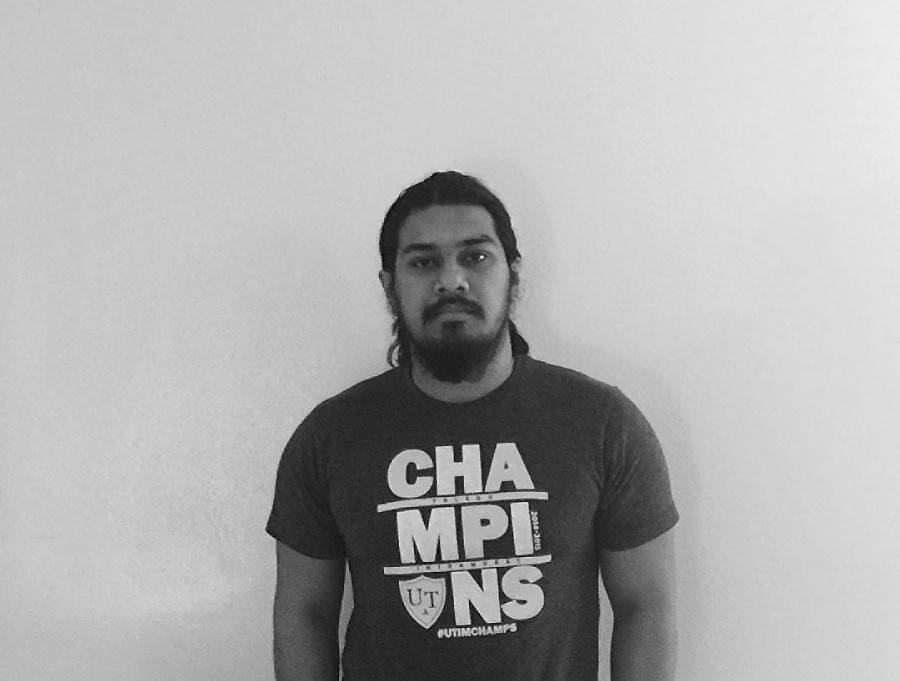A war fought for my mother tongue
How many times have you heard about a nation sacrificing blood just for their mother tongue? People fight wars to be independent, to preserve their sovereignty. You may have heard of my country, Bangladesh, coming up in the list of countries that fought an independence war. However, we also fought another war. Unlike any other war you have heard of, the people of Bangladesh, fought another singular war — we fought a war to preserve our mother tongue, Bangla.
This war took place in the year 1952, before our Liberation War of 1971. We were still called East Pakistan as labeled by the British in 1947, when they divided the Indian subcontinent into three different parts: India, West Pakistan and East Pakistan. The division was made according to the major religion of the area: Islam or Hinduism. Despite being grouped under the same religion, East and West Pakistan were very different, and the language was the one of the most significant and distinguishing factors between the two regions. People in East Pakistan spoke Bangla.
Being a region which gave birth to countless Bengali poets, writers, musicians and artists, you can understand how possessive we were about it. But the West Pakistan (now Pakistan) government proposed that, as we were going to be one country, we should be united under one language: Urdu. Thus the rule, the order that one language to be spoken in both East and West Pakistan was passed. However, this was legislation which Bangladeshis vehemently protested and simply could not accept. This gave rise to The Bengali Language Movement, and the singular most important aim of the movement was to get the authorities to recognize Bangla as the official language of East Pakistan.
The movement was led primarily by the students of University of Dhaka, who called for a protest on February 21, 1952. They planned strikes and rallies. In response, the government imposed Section 144 and banned any type of gathering of more than three people, thereby forcing the students to disband. The students decided to keep their peaceful protests on, but this led to dire events where police fired on the students and wounded several Bengalis and killed four brave patriots, Abdus Salam, Rafiq Uddin Ahmed, Abul Barkat and Abdul Jabbar. After the news of the killing spread, the whole city went on a strike. More people joined and lost their lives, all for the sake of their love for Bangla. The Pakistani government had to accept the people’s demands. Four years after the original protest, on February 29, 1956, the Pakistan constitution was reworded to, “The state language of Pakistan shall be Urdu and Bengali.”
Bangla is a language spoken by 300 million people worldwide with 250 million native speakers. This astounding number of Bengali speakers owe a lot to the Bangladeshi patriots who sacrificed their lives so we can speak our mother tongue. February 21 is recognized as a national holiday in Bangladesh, and also known as the “International Language Day” in Bangladesh as well as worldwide.
In 1998, a Bangladeshi named Rafiqul Islam living in Vancouver, Canada wrote a letter to U.N. General Secretary Kofi Anan asking him to initiate a step to save all the languages in the world from extinction and declare an International Mother Language Day. On November 17, 1999, UNESCO proclaimed February 21 as the “International Mother Language Day” to show support for multiculturalism and multilingualism.
United Nations formally recognized the day in 2008 at the United Nations General Assembly, establishing 2008 as the International Year of Languages. The resolution asked all the member states to preserve and protect all the languages used by the people of the world.
Rafiq, Jabbar, Salam, Barkat and everyone who died in 1952 to save their mother tongue died for all the languages of the world. International Mother Language Day is observed in different places all over the world, in countries like Chile, Russia, Egypt and Canada. In Bangladesh, people walk to the Martyrs’ Monument (Shaheed Minar) and lay flowers to show their respect. Different cultural events also take place in memory of the people who sacrificed their lives.
Language is the most powerful aspect of any culture. Every language has a history, a beginning, and they help us track back to our ancestors and tell us a lot about how we are here today. We can find connections among different parts of the world through languages. International Mother Language Day is a symbolic day to which unites all the languages of the world.
Md. Akid Amin is a senior in the department of Mechanical Engineering.






